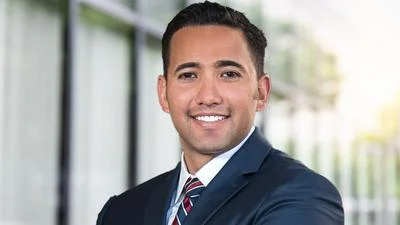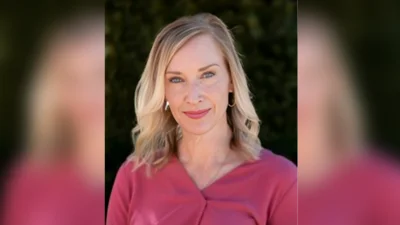On Sept. 30, a debate was held between Democrat Governor Michelle Lujan Grisham and Republican candidate TV weatherman Republican Mark Ronchetti. Dominating the debate were heated exchanges on such issues as abortion, crime, the criminal justice system, the economy and public education. Notwithstanding, both the Governor and Ronchetti found common ground on the issue of homelessness. Both said they would crack down on certain activities while expanding services to those willing to utilize them.
The Governor said she would push for legislation to restrict panhandling and criminal trespassing. She said her administration is working to address the affordable housing shortage in the state. She said plans are underway to build 6,000 new houses around New Mexico. She also said she state was working to expand substance abuse treatment programs in the state, but pointed out some homeless reject treatment options. The Governor said that more than half of New Mexico’s homeless population are teenagers and had this to say about those homeless who refuse treatment options:
“We’re going to need to do a little tough love and that’s going to mean probably more options for mandatory treatment.”
Republican Ronchetti said treatment programs need to be expanded. Ronchetti supports a robust homeless shelter system and service delivery centers to provide medical care, substance abuse treatment and other services. Ronchetti also called for a ban on “tent cities” called “Safe Outdoor Spaces” which are government sanctioned homeless ten encampments. Ronchetti said:
“New Mexico cannot be allowed to be someone’s campground, and we’ve seen it here in the Albuquerque area.”
Each year the “Point in Time” survey is conducted statewide to determine how many people experience homelessness on a given night. January 31, 2022 was the date selected to conduct the 2022 PIT Survey. In August the PIT report was released providing “balance of the state” statistics excluding Albuquerque. New Mexico’s homeless numbers of individuals with one child, without children and with only children experiencing homelessness was reported as follows :
Emergency Shelters: 785
Transitional Housing: 107
Unsheltered: 391
TOTAL: 1,283
The total estimated number of homeless counted during the Balance of State Point-in-Time counts from 2009 – 2022 are:
2009: 1,471
2011: 1,962
2013: 1,648
2015: 1,342
2017: 1,164
2019: 1,717
2021: 1,180
2022: 1,283
The 2022 PIT report did provide a separate breakdown of Albuquerque’s homelessness separate from that of the state numbers. Those numbers are reported as follows:
Albuquerque Emergency sheltered: 940
Albuquerque Unsheltered: 197
Albuquerque Transitional housing: 174
COMBINED TOTAL ALBUQUERQUE HOMELESS: 1,311
Arresting, jailing and warehousing the chronic homes who are mentally ill and drug addicted does not solve the problem. These are people who we have a moral obligation to help and get them the medical services they need.
When the Governor says “We’re going to need to do a little tough love and that’s going to mean probably more options for mandatory treatment” what she is talking about are civil mental health and drug addiction commitment hearings.
New Mexico has laws that deal with when and under what circumstances a formal civil commitment hearing can be initiated for 3-day, 7-day and 30-day observation and diagnostic evaluations for the mentally ill and the drug addicted. Such processes and procedures can be utilized to deal with the homeless and to ensure that they get the medical treatment and counseling services they need.
A civil mental health commitment court for the homeless to deal with the mentally ill and the drug addicted who pose a threat to themselves, their family and the general public must be established. One single specialty court designated as the “Outreach, Veterans and Homeless Court” or “OVH Court” should be created. A program of cross deputization of City Attorneys and Assistant District Attorneys to allow them to file civil mental health commitment petitions in State District Court in misdemeanor and felony cases can be created. The Public Defender needs to be included and called upon by the Courts to provide a defense where and when needed to the homeless. District Court Judges across the state should be assigned to deal exclusively with mental health commitment hearings.
Pete Dinelli is a native of Albuquerque. He is a licensed New Mexico attorney with 27 years of municipal and state government service including as an assistant attorney general, assistant district attorney prosecuting violent crimes, city of Albuquerque deputy city attorney and chief public safety officer, Albuquerque city councilor, and several years in private practice. Dinelli publishes a blog covering politics in New Mexico: www.PeteDinelli.com.





